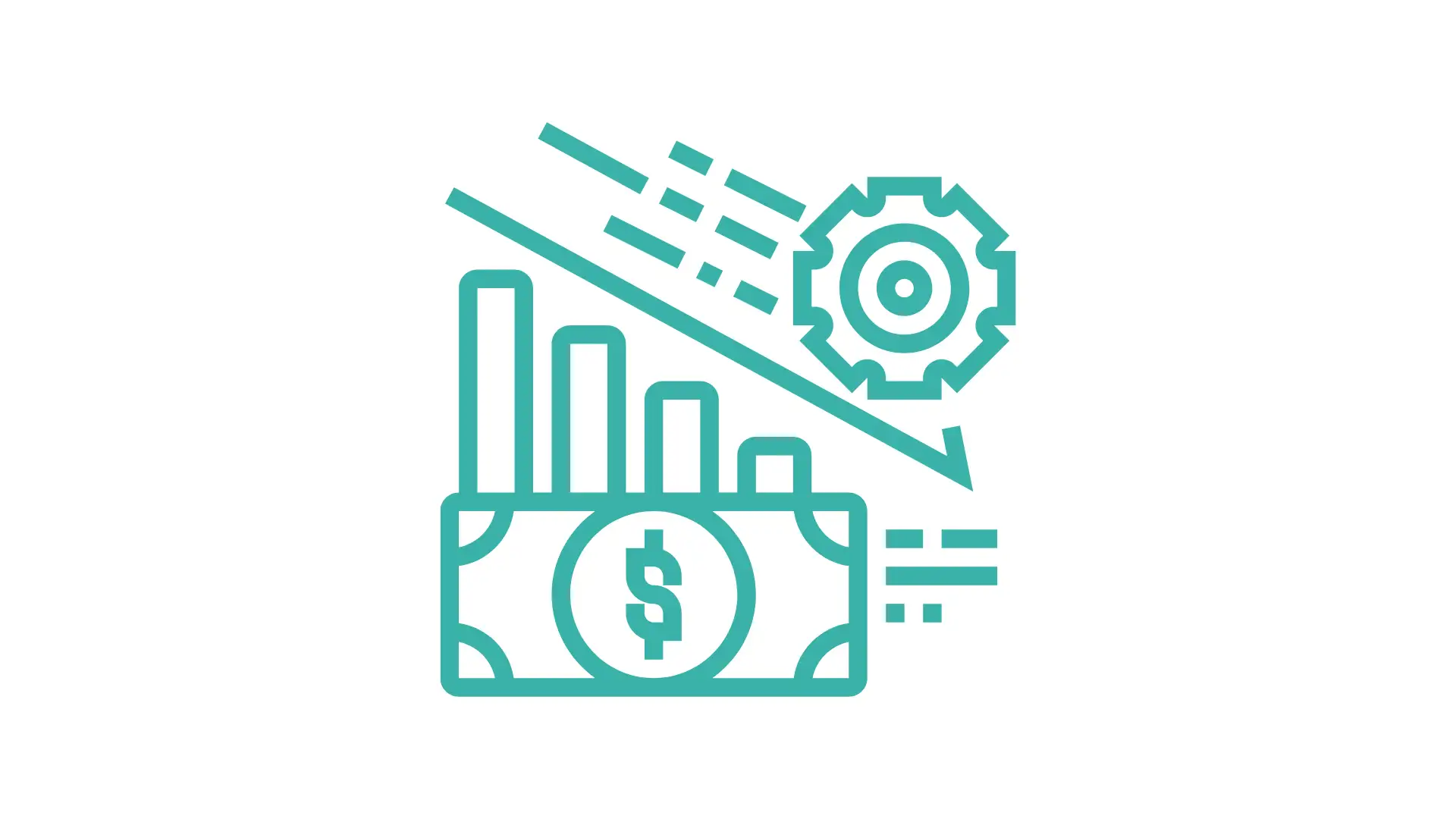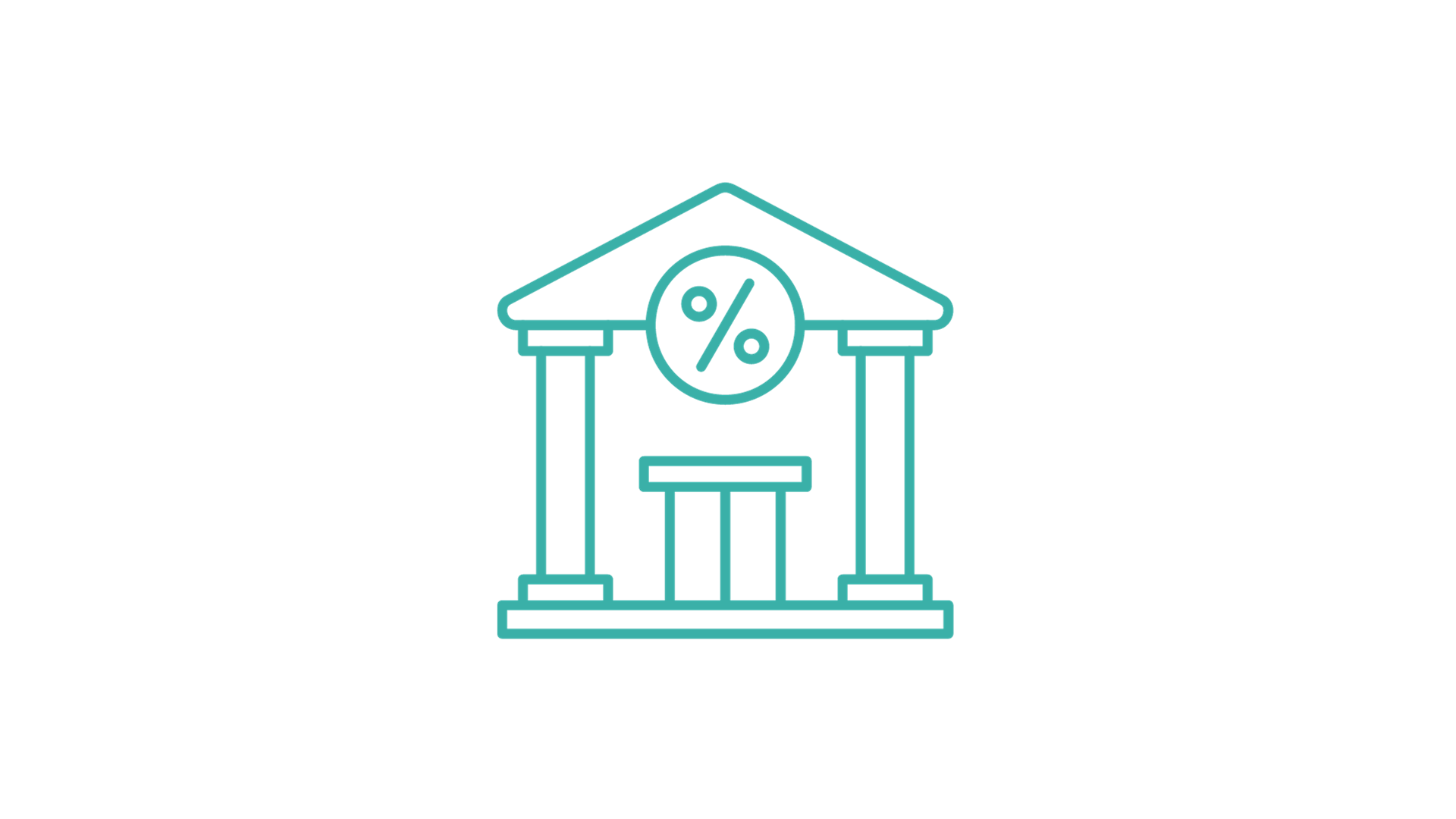Entrepreneurs who have chosen a tax scale or flat tax have the opportunity to reduce the tax base by the costs of obtaining income. What are the costs of obtaining income and what can be included in the costs of a sole proprietorship in 2024?
What are tax deductible costs?
The definition of tax-deductible costs is regulated by Art. 22 of the Personal Income Tax Act: Revenue-deductible costs are costs incurred to generate revenue or to maintain or secure a source of revenue. These are expenses incurred by the entrepreneur as part of his business activity. The revenue is reduced by the costs of obtaining the revenue and thus we obtain the income that constitutes the tax base (revenue – cost of obtaining revenue = income). How to reduce income tax? This can be done by including company expenses in tax-deductible costs.
[accounting_banner]
What can be deducted from tax?
Deductions can be made by entrepreneurs whose form of taxation is a tax scale or flat tax. What can you deduct? Only expenses related to the business activitythat have not been excluded by law. These expenses must be actually incurred and properly documented by means of invoices, bills, tickets for routes over 50 km, proof of payment of postal fees or proof of payment for highway tolls. It's worth remembering that they exist universal and specific expenses. The latter are directly related to the specific nature of the business, e.g. specialized dental tools may be included in the costs by the dentist, but not by the taxi driver. Therefore, the expense must always be related to the activity.
Costs of obtaining income in 2024 – examples:
- rent and utilities,
- telephone and internet subscription,
- software,
- office furniture and accessories,
- electronic devices, e.g. computer, tablet, scanner, printer,
- accessories for office equipment, e.g. paper and printer inks, speakers, chargers,
- training, workshops, postgraduate studies,
- language courses,
- scientific conferences,
- expenses for accounting services,
- office renovation materials,
- books and industry magazines,
- office decorations, e.g. posters, flowers in pots (but they cannot be representative, such as expensive paintings or sculptures),
- cleaning products,
- marketing, e.g. business cards, media advertising, website,
- business trips, e.g. allowances, accommodation, transport,
- fuel,
- leasing installments,
- air conditioning, heating, blinds,
- expenses related to contracts for employees,
- protective or advertising clothing (with company logo).
These are examples of universal costs that a sole proprietorship may generate. Rolling into costs is an example of effective business management – high costs reduce income tax and thus allow you to acquire practical items and skills.
Tax deductible costs and VAT
Entrepreneurs who are active VAT payers can reduce not only income tax but also VAT by including company expenses in their costs. When purchasing a good or service, you pay tax on goods and services, which is included in the price of the product.
Deductions can be made by:
- registered active VAT taxpayers,
- entrepreneurs who purchase goods or services related to their business activities,
- entrepreneurs with documents entitling them to deduct VAT,
However, invoices documenting non-taxable transactions, invoices documenting tax-exempt transactions, and the so-called empty invoices. The VAT Act also indicates limitations, such as: catering and accommodation services purchased for own needs. You can apply for a VAT refund in a sole proprietorship up to 5 years ago – just submit a correction of the JPK_V7 file. The VAT surplus is refunded within 25 days (shortened deadline), 60 days (basic deadline) or 180 days (extended deadline).
Tax deductible costs – how to calculate them?
First of all, you need to know what can be deducted from tax, because not every expense is a company expense. In some cases, however, only part of the expense can be deducted, for example when it concerns both business and private purposes.
If you don't know what can be included in the costs of a sole proprietorship in 2024, have doubts about the calculations or just want to be sure that you are deducting the correct income from your income, use the support of experienced accountants from Open Profit. Our accounting office operates in 100% online – we serve sole proprietorships, small companies and B2B people.
FAQ
Can costs be deducted as a lump sum?
NO. Due to the fact that the lump sum tax is taxed on revenue, not income, entrepreneurs who choose this form of taxation cannot reduce the tax by the value of the costs of obtaining income. This is only possible under general principles (tax scale) and at a flat rate.
What cannot be included in the costs?
Not every expense is an expense. Expenses that cannot be deducted are regulated by Art. 23 of the Personal Income Tax Act, which lists all exclusions from tax-deductible costs. These are among others:
- expenses for the purchase of land or perpetual usufruct of land, except for fees for perpetual usufruct of land,
- representation costs, in particular incurred for catering services, purchase of food and drinks,
- interest on the taxpayer's own capital contributed by the taxpayer as a source of income,
- donations and offerings,
- income tax, inheritance and donation tax.
How to deduct fuel in business activities?
When using a passenger car for business purposes, a VAT payer may deduct the value of VAT from the fuel invoice and benefit from a relief of 100% or 50% VAT. If the car is used exclusively for company purposes, you can deduct 100% VAT, and the vehicle must be included in the register of fixed assets. Leading is also necessary mileage – otherwise, only 75% of operating costs can be deducted. However, if the car is used for both business and private purposes, you can deduct VAT on fuel 50%.


